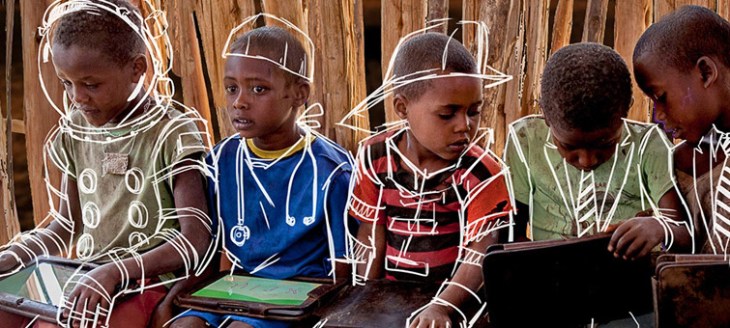XPRIZE, a nonprofit that runs competitions to stimulate technologists toward building products that improve humankind, is dipping its toes into basic education.
They’re launching a $15 million educational tech challenge that is looking for a free, open-source and scalable software solution that will enable children to teach themselves basic reading, writing and arithmetic. There are 250 million children globally who lack basic literacy, which stifles their social and professional development for the rest of their lives.
Matt Keller, who is overseeing the program, previously worked at the United Nations and One Laptop Per Child.
“You spend enough time in these schools around the world and not a lot is happening,” Keller said. “There are 100 kids in a class, spending a few hours a day in this bricks and mortar teaching model, which is fine and should continue. But it doesn’t cut it. Why hasn’t technology disrupted that?”
XPRIZE is launching a six-month registration period where teams will then get 18 months to develop a solution. After that year-and-a-half, a panel of third-party judges will pick the top five teams, which will each win a $1 million award. Their solutions will get tested across at least 100 villages, reaching thousands of children in the developing world.
After that a $10 million top prize will get awarded to the team that built the solution with the highest levels of proficiency gains in reading, writing and arithmetic.
Paired with this competition is an online crowdfunding campaign that could help expand field testing for the leading teams.
Keller said that while there are many other confounding problems like poverty and poor governance that hinder primary education, a basic technological tool could really help.
“Poverty plays a gigantic role in underperformance. You throw all these solutions at the problem and none of them seem to stick. When you talk to teachers in New Haven, which is near where I’m from, they’ll tell you they need. If something could be produced that could help kids learn at their own pace, that would be hugely helpful.”
